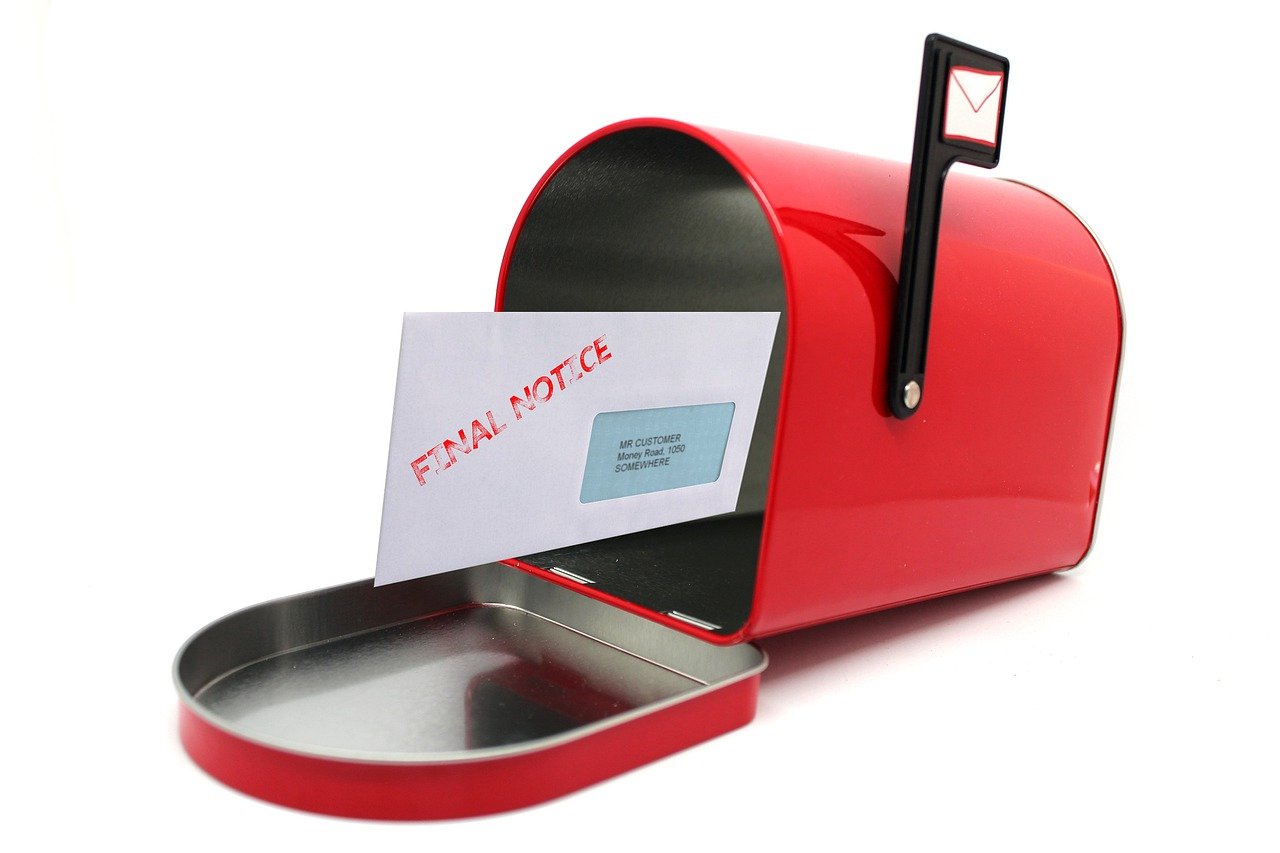The Centers for Disease Control and Prevention (CDC) has extended its eviction moratorium to June 30, 2021. The moratorium was originally issued on September 1, 2020 to halt residential evictions so as to prevent further spread of COVID-19. CDC director Rochelle P. Walensky supported the CDC’s decision by saying keeping people from crowded settings like homeless shelters is a crucial step in stopping the spread of COVID-19.
Eviction Moratorium Requirements
To be eligible for protection under the federal eviction moratorium, you have to satisfy the following requirements:
- Have used your best efforts to try to obtain housing assistance from the government.
- You are not financially capable of making full rent payments.
- You will use best efforts to make partial rent payments.
Further requirements that renters are required to meet include:
- Earn $99,000 or less or $198,000 if filing a joint tax return for the 2020-2021 calendar year.
- Not required to report income to the IRS in the year 2020.
- Received a stimulus payment.
If you meet the above criteria, you are ;eligible for protection. However, you are required to fill the CDC’s declaration form and submit it to your landlord in order to invoke the CDC’s order.
Also keep in mind your landlord may challenge the claims made in your declaration form in court in order to carry out an eviction. Your landlord will also have a right to pursue back payments after the eviction moratorium expires.
If you don’t qualify for protection under the eviction moratorium, the federal government has allocated 25 billion under the Emergency Rental Assistance Program to assist households with rental and utility payments. These funds will be distributed to state and local governments, so make sure to check with your local government to find out how you can apply for assistance.
State Eviction Moratorium
The table below covers protections put in place by certain states to prevent evictions and/or utility shutoffs.
| State | Eviction Moratorium | Protection against Utility Shutoffs |
| Arkansas | None | Yes |
| California | Runs until 6/30/2021 | Runs until 4/16/2021 |
| Connecticut | Runs until 4/19/2021 | None |
| Delaware | Yes | None |
| District of Columbia | None: Unless the state of emergency which expired on March 31, 2021 is extended. | Yes |
| Hawaii | Runs until 4/13/2021 | Runs until 3/31/2021 |
| Illinois | Runs until 4/3/2021 | Runs until 4/3/2021 |
| Iowa | None | None |
| Kansas | Yes | None |
| Maryland | Yes: Runs until end of state of emergency | None |
| Minnesota | Runs until 4/14/2021 | Maybe: Check with local authority |
| Montana | Limited (see notes) until end of emergency | None |
| Nevada | Runs until 3/31/2021 | None |
| New Jersey | Yes: Runs until end of emergency +2 months | Runs until 6/30/2021 |
| New Mexico | Yes | None |
| New York | Runs until 5/1/2021 | Yes |
| North Carolina | Runs until 3/31/2021 | None |
| Oregon | Runs until 6/30/2021 | None |
| Rhode Island | Evictions resume after June 1, 2020 by order of supreme court | Yes |
| Vermont | Runs until end of emergency plus 30 days | Runs until 3/31/21 |
| Virginia | None | Runs until 60 days after end of state of emergency |
| Washington | Runs until 6/30/2021 | Runs until 4/30/2021 |
| Wisconsin | No | Runs until 4/15/2021 |
